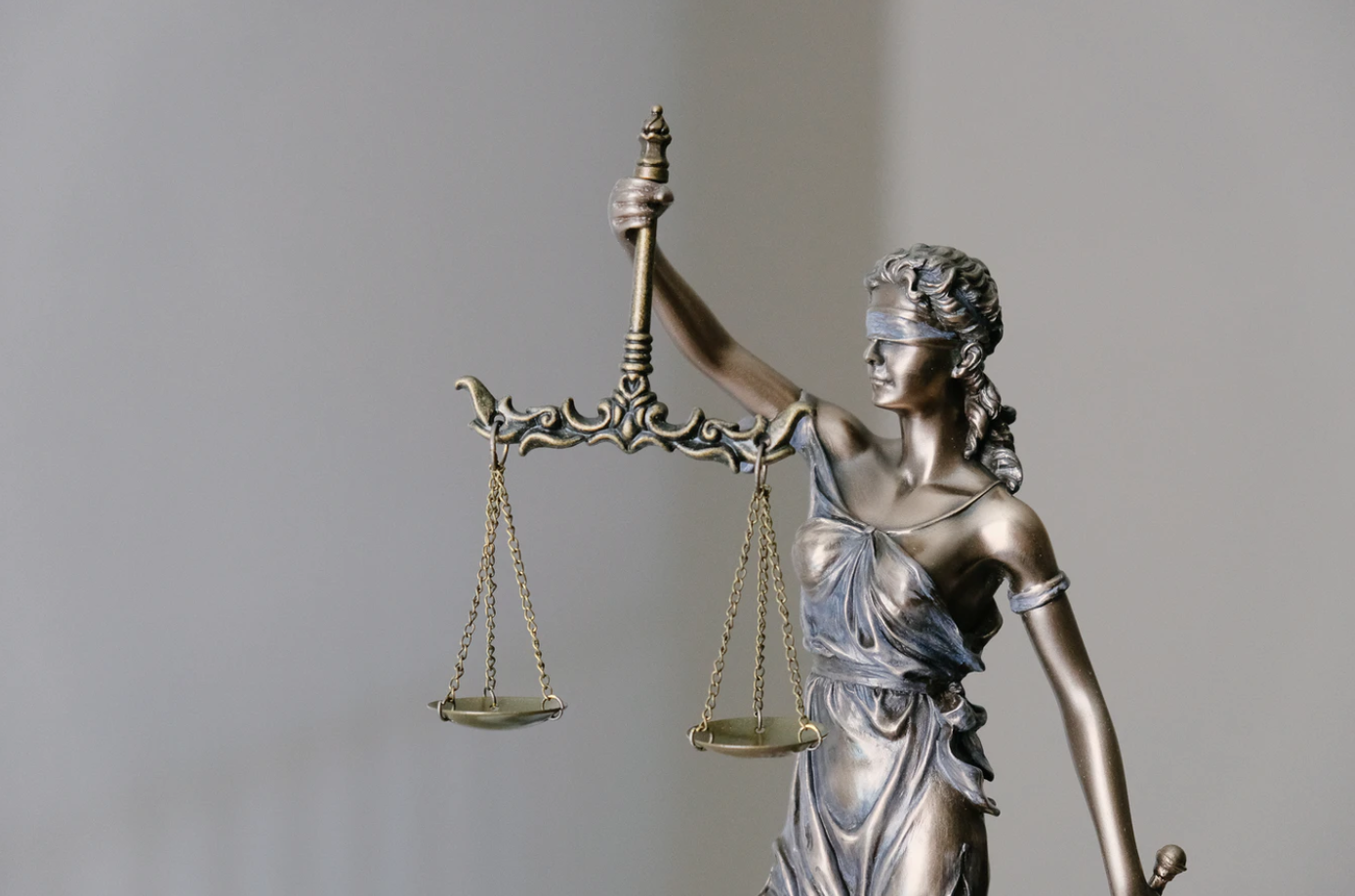Each religion has its unique perspective on justice, and it is often seen as a key aspect of spiritual growth and development.
Justice is a concept that involves upholding moral standards, treating others with fairness and equality, and acting with righteousness and compassion. Often seen as the cornerstone of a just and fair society, justice is (in most legal systems) administered through the judicial branch of government, which is responsible for interpreting and applying the law. The concept of justice can also be understood in a moral or philosophical sense, as a principle that guides how individuals and societies should behave. Every culture and religion has its own belief systems and its own unique perspectives on justice, which can often be seen as a key aspect of its spiritual growth and development.
In this article, we will look at the role that justice plays in our spiritual growth and development and consider the importance of understanding and upholding justice in different religions. By examining the concept of justice in different religions, we can gain a greater appreciation for the diversity of beliefs and values that exist in the world and work towards building a society that is more just and equal for all people.
How Justice is Defined in Different Religions
Christianity: upholding moral standards and treating others with fairness and equality.
It is believed that God is just and will judge all things fairly. Because of this, Jesus taught believers to strive to do justice according to His standards. The Bible contains numerous passages that speak to the importance of justice, including the commandment to “do justice, love mercy, and walk humbly with your God” (Micah 6:8). In the New Testament, Jesus teaches that we should love our neighbors as ourselves and treat others with compassion and kindness (Matthew 22:39). The parable of the Good Samaritan, in which a man helps a stranger in need, is often cited as an example of justice in action in Christianity.
Islam: upholding the principles of fairness, equality, and compassion.
The Qur’an contains numerous passages that speak to the importance of justice, including the verse “O you who have believed, be persistently firm in justice, witnesses for Allah, even if it be against yourselves or your parents and relatives” (Qur’an 4:135). Muslims are required to practice justice in their lives by protecting the rights of individuals, regardless of race or religion. It also requires Muslims to provide for those less fortunate in society, including orphans and widows; this could involve providing financial support or showing kindness through words or actions. The concept of zakat, or charitable giving, is seen as a way to promote justice in the community.
Judaism: upholding the principles of righteousness and fairness and treating others with kindness and compassion.

The Hebrew Bible contains numerous passages that speak to the importance of justice, including the verse “Justice, justice, shall you pursue, that you may thrive and occupy the land that the Lord your God is giving you” (Deuteronomy 16:20). The concept of tzedakah, or charity, is seen as a way to promote justice in the community. In essence, justice in Judaism emphasizes respect for both individual rights and social responsibility.
Hinduism: upholding the principles of dharma, or moral law, and karma, the idea of cause and effect.
In Hinduism, acting justly is seen as a way to create balance and harmony in the world. The concept of dharma is central to Hinduism and involves living in accordance with moral and ethical principles. This includes upholding justice and acting in a fair and equitable manner toward others. In Hinduism, the idea of karma is also closely tied to justice, as actions that are in alignment with dharma are believed to lead to positive consequences. In contrast, actions that are not in alignment with dharma are believed to lead to negative consequences.
Buddhism: upholding the principles of compassion, non-harming, and interdependence.
In Buddhism, justice is closely tied to the idea of acting with compassion and non-harming towards all beings. This includes not only humans but also animals and all other living beings. The principle of interdependence is also important in Buddhism, as it teaches that all beings are interconnected and rely on each other for survival. Therefore, acting justly in Buddhism involves considering the impact of one’s actions on others and the interconnected web of life.
The role of justice in spiritual growth and development
Justice is at the heart of many religions and belief systems. The notion that everyone should be treated fairly regardless of their background or beliefs is the backbone of much spiritual practice. Justice teaches us to value others irrespective of their differences while also recognizing our responsibility to act with integrity, fairness, and kindness towards those around us. Acting with fairness and righteousness can help individuals cultivate a sense of inner peace and fulfillment and can also create stronger, more trusting, and more meaningful relationships with others. When individuals consistently act with integrity, they demonstrate moral and ethical values that are beneficial aspects of life. Individuals who exhibit consistent behavior based on their moral beliefs will reap positive rewards.
Understanding that will help us see how cultivating justice in one’s spiritual practice can give us helpful hints on how to become more compassionate, understanding, and empathetic towards others and can inspire us to work towards creating a more just and fair society. It can also be an important aspect of our spiritual growth and development.
Conclusion
The concept of justice is central to many religions and belief systems and is often seen as the foundation of a just and fair society. Each religion has its unique perspective on justice, and it is often seen as a key aspect of spiritual growth and development. Understanding and upholding justice in different religions can be important for gaining a deeper understanding of different belief systems, developing a more compassionate and empathetic perspective on the world, building relationships with people from different religious backgrounds, promoting understanding and tolerance among people of different faiths, and inspiring us to strive for justice and fairness in our own lives and the world at large.


Join the conversation!